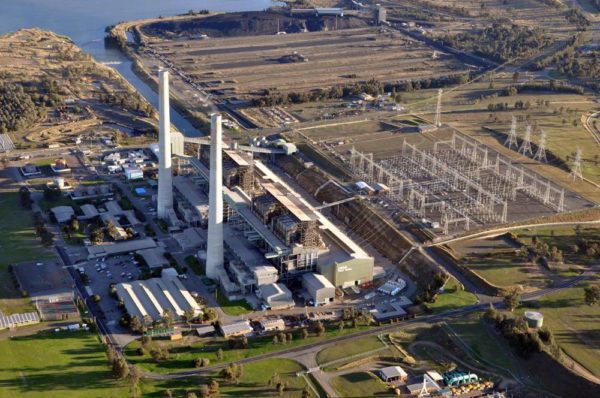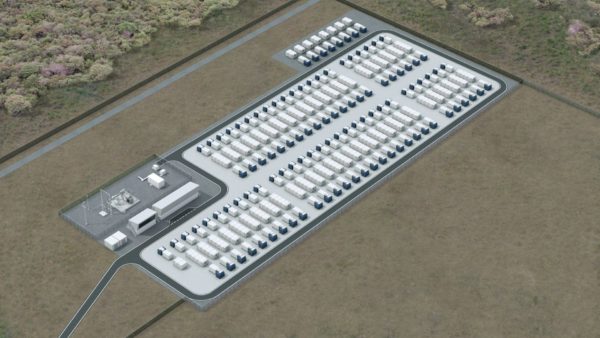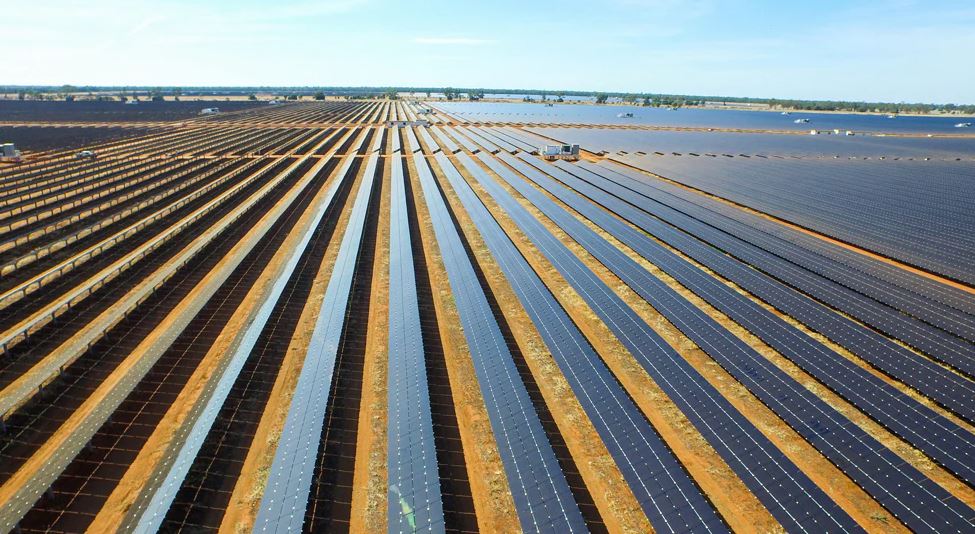Australian energy utility AGL acknowledged the rise of renewable energy assets and the impact of uncertain energy policy and increased pressure on margins had contributed to its financial pain after reporting a 34% decline in its underlying profit for the 2021-22 financial year to $537 million.
“There has been continued uncertainty regarding energy policy and an acceleration of the market forces that determine our strategy,” AGL chair Peter Botten said.
“Our financial results for FY21 reflect these ongoing challenging market and operating conditions facing the energy industry, as well as the impact of the decline in wholesale electricity prices that has occurred over the past two years.”
The financial pain looks set to continue with AGL, the country’s biggest operator of coal-fired power plants, warning on Thursday it expects its profit to drop to between $220 million and $340 million for the year to June 2022 as lower wholesale power prices continue to weigh on its financial performance.
“The short-term outlook remains challenging,” Botten said.

Image: AGL
Greenpeace Australia Pacific senior campaigner Glenn Walker said the performance was a “Titanic failure” on the part of the company to navigate the changing energy market.
“Watching AGL fail is like watching the Titanic hit the iceberg, only this time the iceberg’s made of coal,” he said.
“AGL and other big energy companies, like Origin and Energy Australia, have written down billions over the last year. That trend is only going to accelerate as even more renewables come onto the grid and the growing gap between cheaper clean energy and coal and gas prices becomes a chasm.”
AGL hopes to stop the bleeding by splitting into two businesses as it looks to navigate the transition to renewables, with a shareholder vote expected by June 2022.
Accel Energy will retain the company’s coal-fired power plants and wind farm contracts, and would spin off AGL Australia, the country’s biggest retailer of electricity and gas, into a separately listed company.
AGL Australia will own and operate Australia’s largest private hydro fleet, fast start gas-fired power stations, a growing battery development portfolio and a 20% investment in renewables firm PowAR, which includes the Broken Hill Solar Farm in its portfolio of renewable assets.
“Financial year 2021 was one of the toughest energy markets we have seen, wholesale electricity prices were at levels not seen since 2012, while demand was impacted by lockdowns, mild weather and increasing penetration from rooftop solar,” AGL Energy chief executive Graeme Hunt told analysts at an investor briefing.
“As we see the pace of change continue to accelerate, we are further assured and committed to our proposed demerger strategy. Subject to approval, the proposed demerger will create two new entities with clarity of purpose and strong foundations, which will position them well to lead the energy transition, while protecting and delivering value to shareholders.”

Image: AGL
Hunt said despite the tough market conditions, AGL had made good progress in its transition towards renewables.
AGL has announced plans to establish 850 MW of grid-scale battery projects at its thermal generation sites across Australia by 2024. The 250 MW/250 MWh at the site of its Torrens Island power station in South Australia is scheduled to be the first to commence construction.
The energy retailer has also acquired commercial and industrial solar businesses Epho and Solgen Energy Group. The acquisitions will see AGL deliver more than 70 MW of C&I solar each year, making it the largest commercial solar provider in Australia.
“I am excited for the opportunities ahead as we continue to execute on our strategy and undertake the demerger,” Hunt said.
The results posted by AGL on Thursday do not reflect this week’s announcement from Tomago Aluminium Smelter, AGL’s biggest customer, that it plans to replace its contract with AGL’s Bayswater plant in New South Wales with renewable energy when it that contract expires in 2028.
Dan Gocher, the director of climate and environment at the Australasian Centre for Corporate Responsibility, said the announcement should signal the end for the coal-fired power station, which is scheduled to close in 2035.
“Tomago’s announcement is the final nail in the coffin for the Bayswater coal-fired power station,” Gocher said. “Without its largest customer, AGL is unlikely to make a profit from Bayswater beyond 2029.”
This content is protected by copyright and may not be reused. If you want to cooperate with us and would like to reuse some of our content, please contact: editors@pv-magazine.com.









By submitting this form you agree to pv magazine using your data for the purposes of publishing your comment.
Your personal data will only be disclosed or otherwise transmitted to third parties for the purposes of spam filtering or if this is necessary for technical maintenance of the website. Any other transfer to third parties will not take place unless this is justified on the basis of applicable data protection regulations or if pv magazine is legally obliged to do so.
You may revoke this consent at any time with effect for the future, in which case your personal data will be deleted immediately. Otherwise, your data will be deleted if pv magazine has processed your request or the purpose of data storage is fulfilled.
Further information on data privacy can be found in our Data Protection Policy.